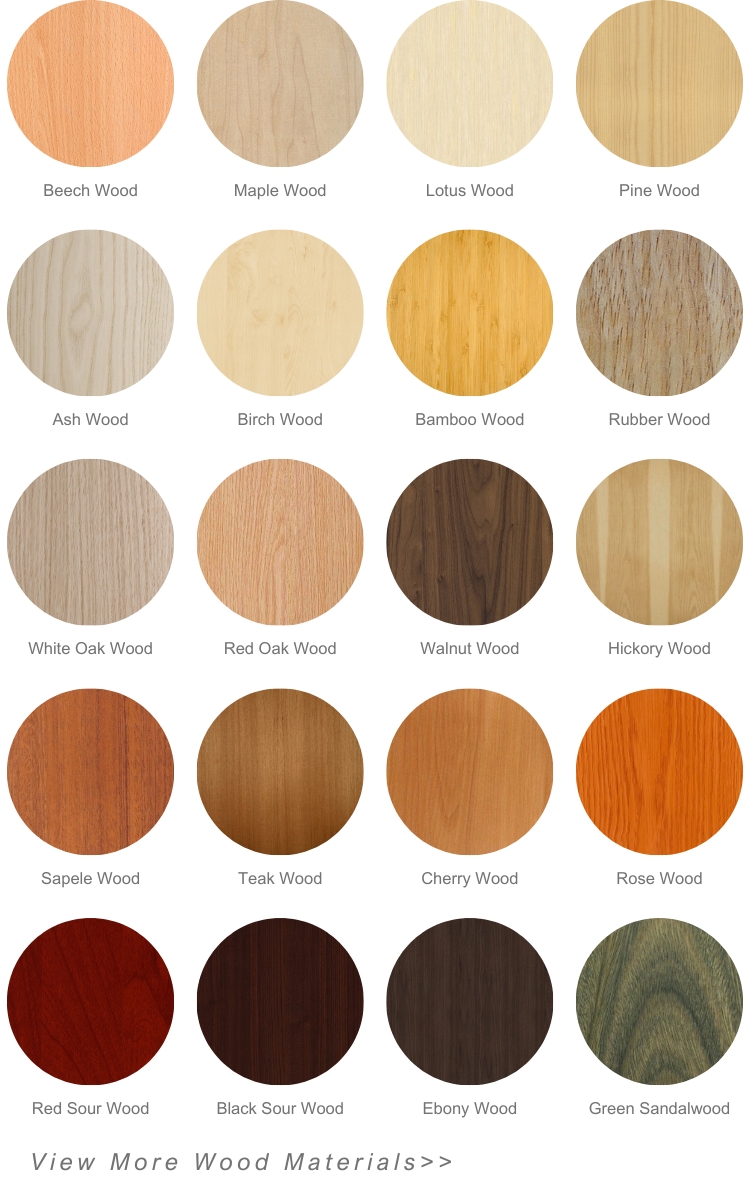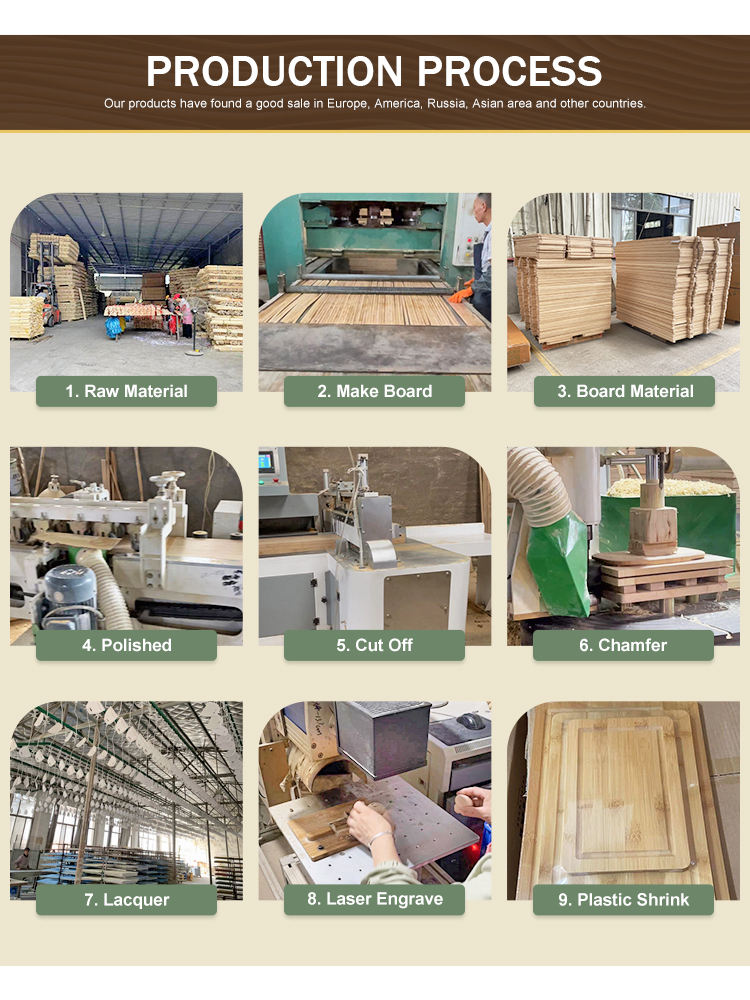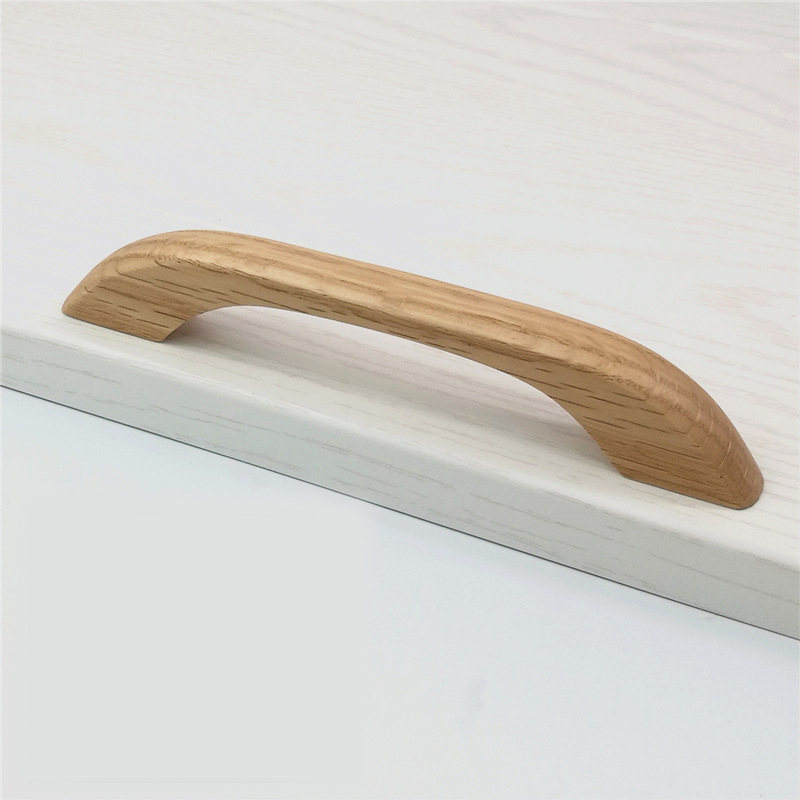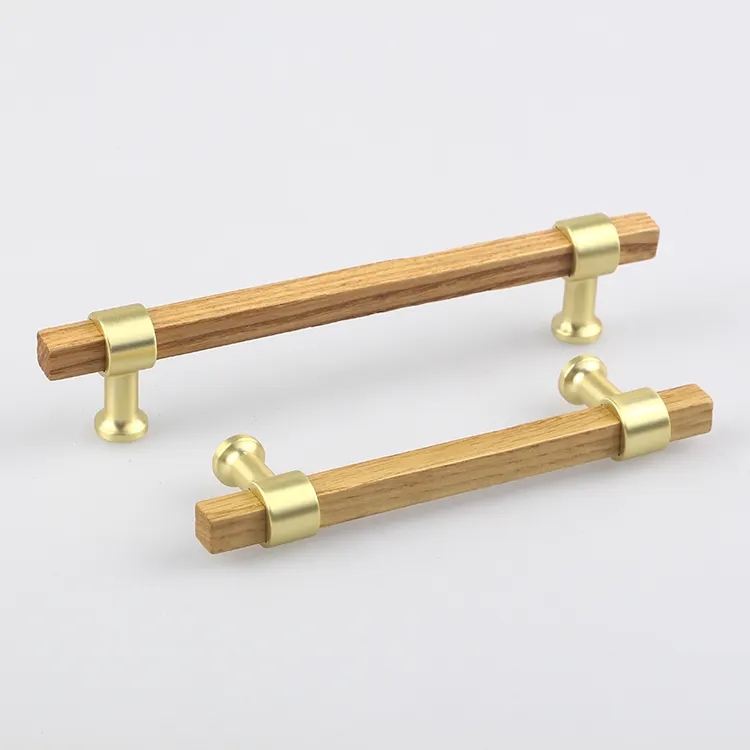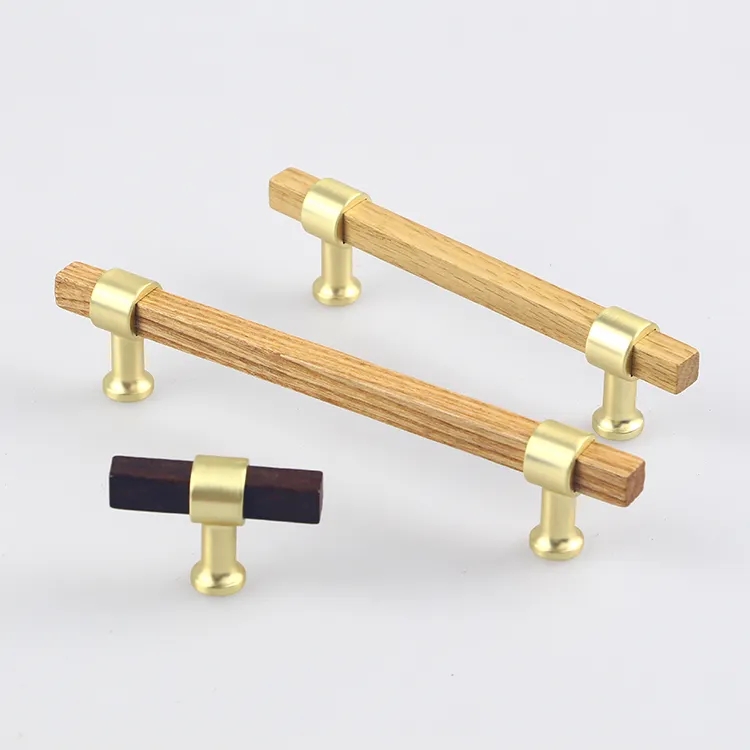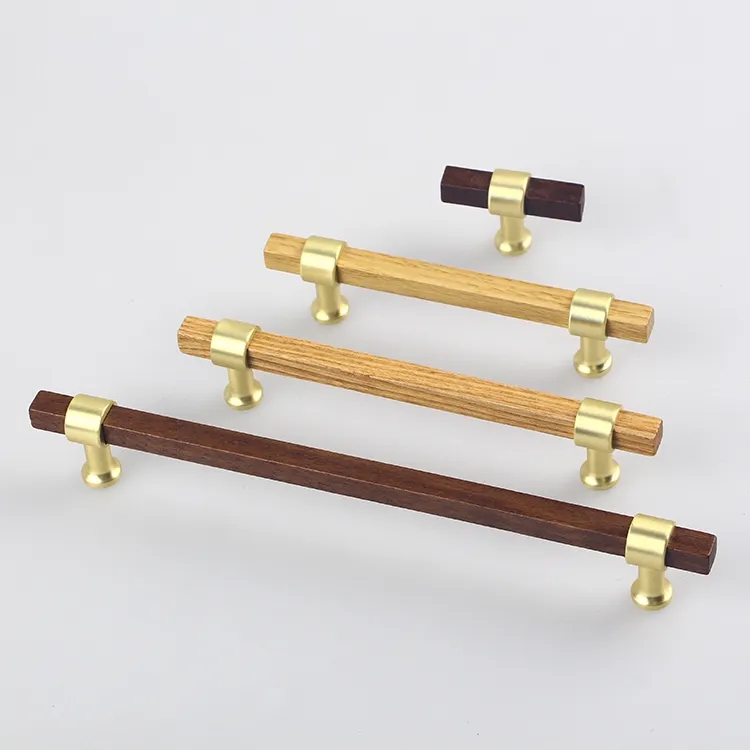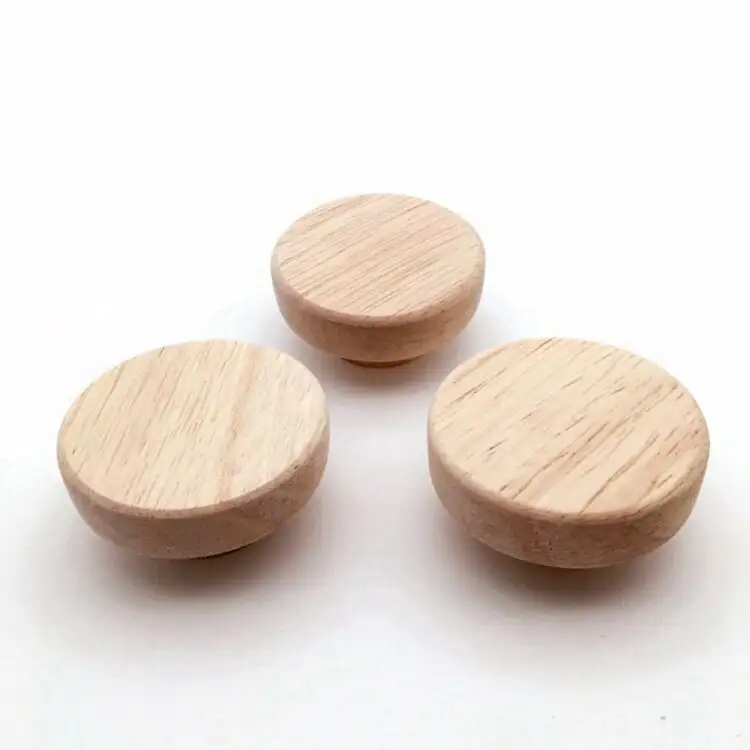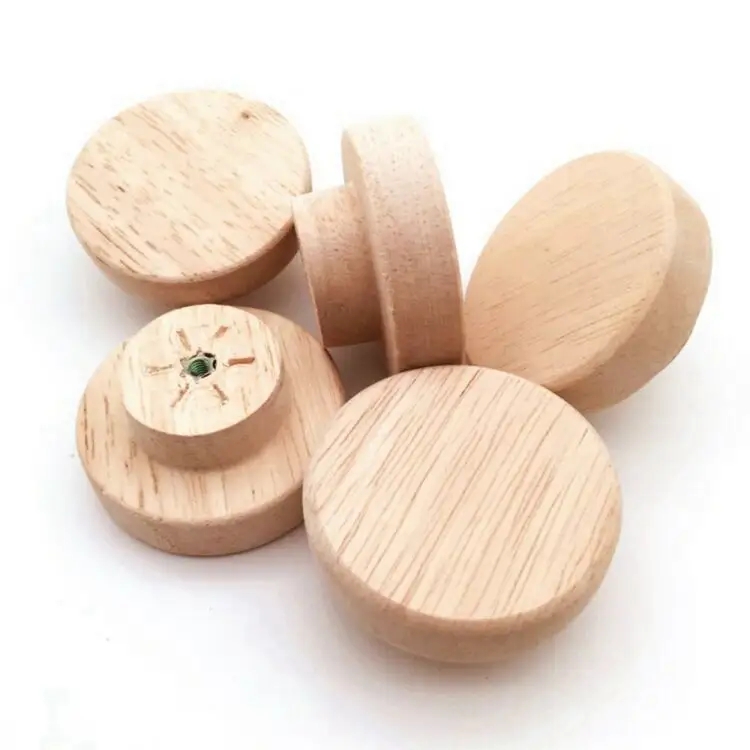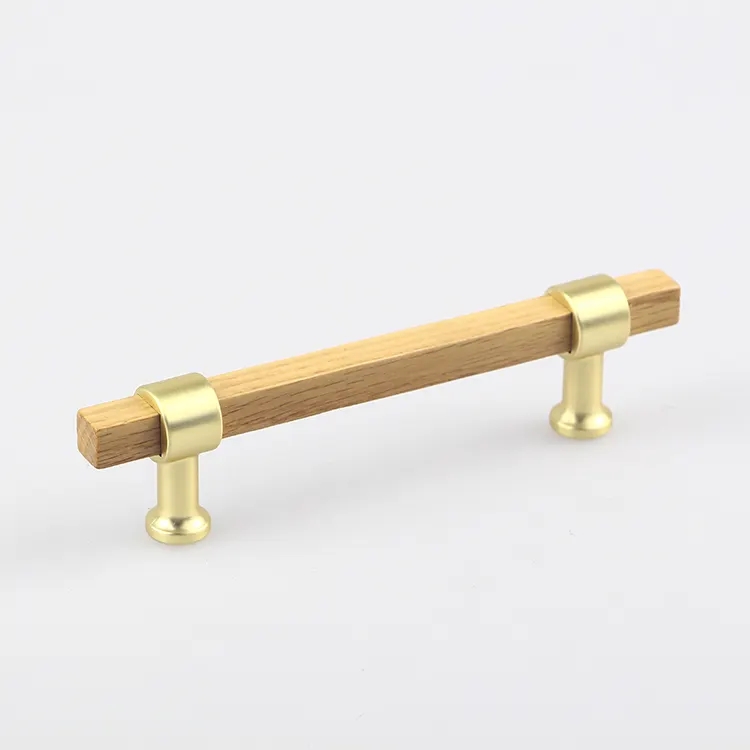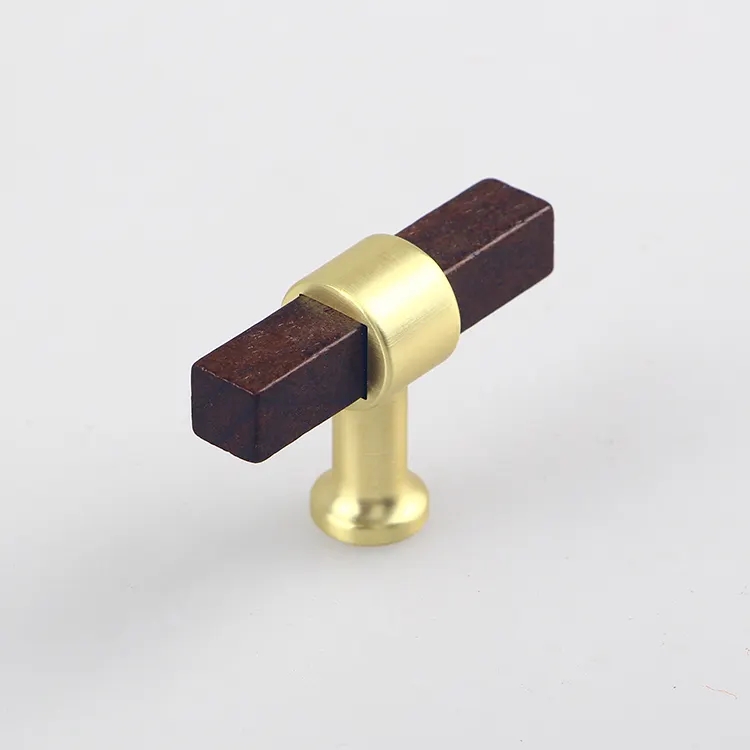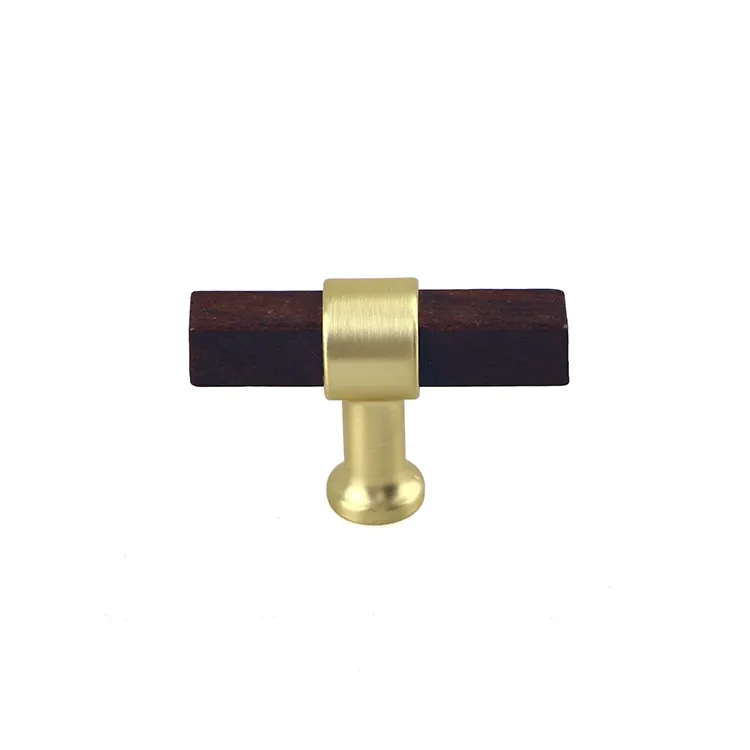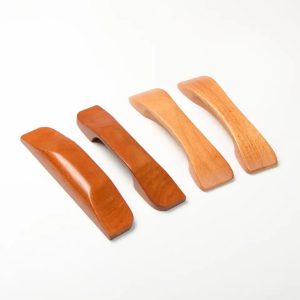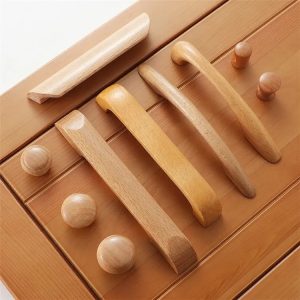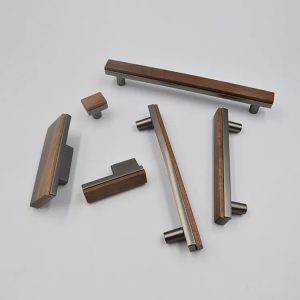Wooden Handles Unveiled: Embracing Tradition, Functionality, and Sustainability
Introduction: Wooden handles have stood the test of time, offering a harmonious blend of tradition, utility, and eco-consciousness. This article delves into the distinctive advantages that wooden handles bring to a wide array of applications. From their classic feel to their positive impact on the environment, we explore why wooden handles continue to be a favored choice, embodying both practicality and a touch of nostalgia.
The Warmth of Natural Grasp: The organic warmth and texture of wooden handles provide an innate, comfortable grip that synthetic materials often lack. This natural connection between hand and handle enhances comfort and ensures a firm hold, reducing the risk of accidents. Whether using a tool or cooking utensil, the tactile sensation of a wooden handle introduces a level of comfort that elevates the overall user experience.
Time-Honored Aesthetic Appeal: Wooden handles bring an enduring aesthetic appeal to any object they grace. The intricate patterns and rich tones of different wood species offer a visual allure that transcends fleeting trends. Whether in traditional or contemporary settings, wooden handles contribute an aesthetic charm that remains captivating, making them a preferred choice for those who value functionality intertwined with timeless elegance.
Resilience and Longevity: Crafted from carefully selected wood, wooden handles inherently possess resilience and durability. Properly treated and finished, they endure the demands of daily usage, withstanding rigorous tasks and exposure to moisture. This durability translates to reduced maintenance and replacement costs, positioning wooden handles as a sustainable and economical choice over time.
A Greener Choice: In an era where environmental concerns are paramount, wooden handles emerge as a greener alternative. Often sourced from responsibly managed forests, they boast a lower carbon footprint compared to synthetic counterparts. Moreover, their biodegradable nature ensures minimal impact on landfills, aligning seamlessly with the ethos of sustainable living.
Versatility and Custom Craftsmanship: Wooden handles provide a canvas for artistic expression and personalization. Craftsmen can skillfully shape and carve them into diverse designs, catering to ergonomic needs and individual tastes. This adaptability allows for tools and objects that not only function optimally but also reflect the unique style of their users.
Practical Utility Beyond the Surface: Beyond their aesthetic and tactile attributes, wooden handles offer practical advantages. Their poor conductivity of heat and electricity makes them a safe choice for tools requiring insulation. Moreover, they possess vibration-absorbing qualities, enhancing comfort during extended use. These functional attributes contribute to elevated user safety and overall satisfaction.
Conclusion: Wooden handles seamlessly integrate tradition, utility, and sustainability, making them a coveted choice across various domains. With their inherent comfort, timeless allure, durability, and eco-friendly disposition, these handles epitomize the essence of finely crafted tools and objects. As consumer preferences shift toward sustainable and visually pleasing options, the enduring fascination with wooden handles persists, symbolizing the seamless marriage of form and function.

